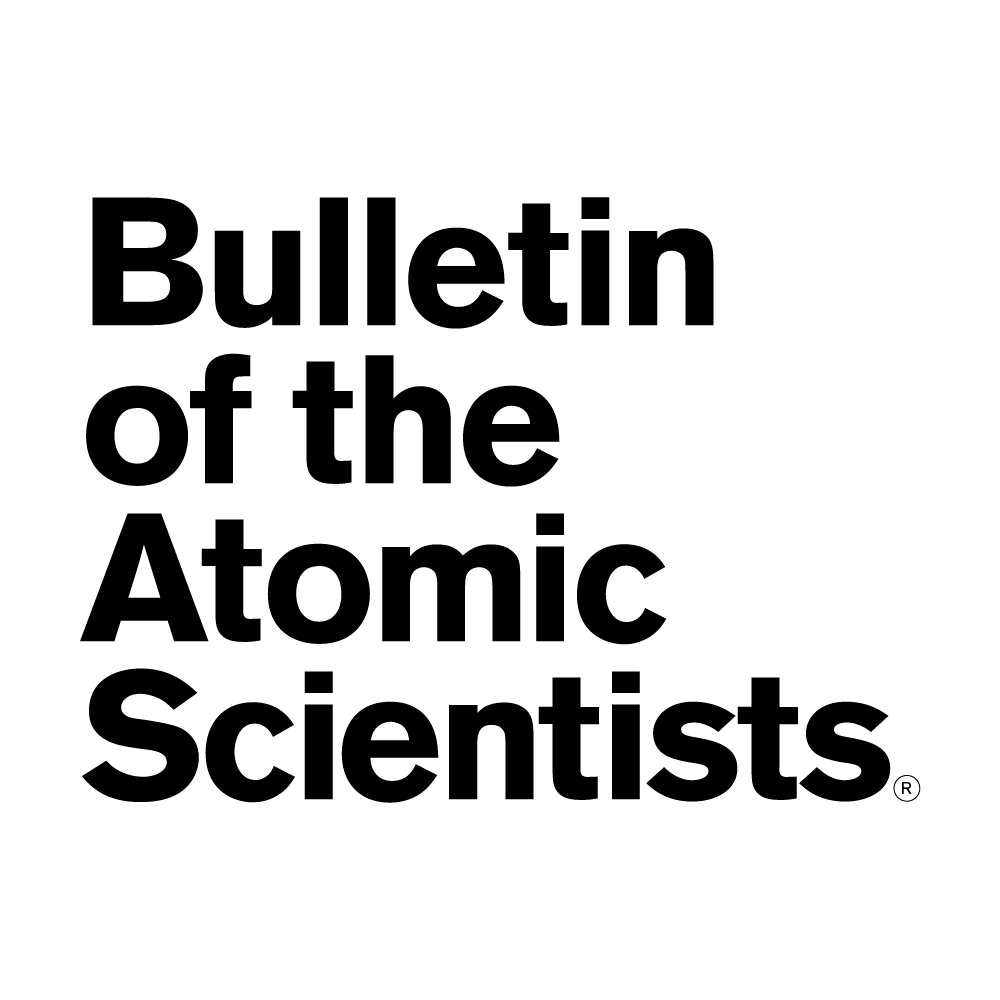
Bulletin of the Atomic Scientists, 18th May 2023
Posted: 18th May 2023
May 18, 2023

Now an iconic part of Hiroshima’s Peace Memorial Park, the “A-Bomb Dome” was the site of an exhibition hall just 500 feet from ground zero. (Prisma Bildagentur / Getty Images)
NUCLEAR RISK
Counting the dead at Hiroshima and NagasakiBecause the G-7 meeting will open in Hiroshima on Friday, May 19, 2023, the Bulletin is republishing this article by Alex Wellerstein on how many people died in Hiroshima and Nagasaki during the atomic bombings. Read more.
NUCLEAR RISK
Fukushima: Lessons learned from a devastating “near-miss”Following the 2011 Fukushima disaster, Japan established a new nuclear regulatory commission and implemented new regulatory mechanisms. Twelve years later, where do things stand? Experts Yoichi Funabashi and Marina Fujita Dickson provide insight. Access this premium article for a limited time.
DISRUPTIVE TECHNOLOGIES
Opinion: The US should prioritize autonomous demining technologyIf the United States decides to send cluster munitions to Ukraine, it should consider investing in autonomous capabilities for demining, says researcher Amy J. Nelson. Read more.
DISRUPTIVE TECHNOLOGIES
Woke virology? Ron DeSantis finds another thing to ban in FloridaRon DeSantis, who is widely expected to run for president in 2024, has banned “gain of function” research in Florida, reports Bulletin biosecurity editor Matt Field. Read more.

Subscribe to the Bulletin
Premium subscribers will get the Bulletin of the Atomic Scientists digital magazine, which publishes six times a year. You’ll also get access to our archive, which contains every article published since 1945.
DISRUPTIVE TECHNOLOGIES
To make AI work for national security, invest in humans too
Artificial intelligence is rapidly developing across the globe. The United States needs human-centered AI for national security, says PhD candidate Julie George. “However, it also needs AI-centered humans.” Read more.
NUCLEAR RISK
Able Archer: How close of a call was it?
Did a NATO exercise in 1983 bring the superpowers close to blows? Thomas Fraise and Kjølv Egeland of the Nuclear Knowledges program weigh in. Access this premium article for a limited time.
QUOTE OF THE DAY
“We really are now within reach of a temporary exceedance of 1.5C for the annual mean temperature, and that’s the first time in human history we’ve been that close.”
— Adam Scaife, head of long range forecasts at the Met Office, “Global warming set to break key 1.5C limit for first time,” BBC
Your ongoing support ensures we stay on mission and get the job done.
Thank you!

